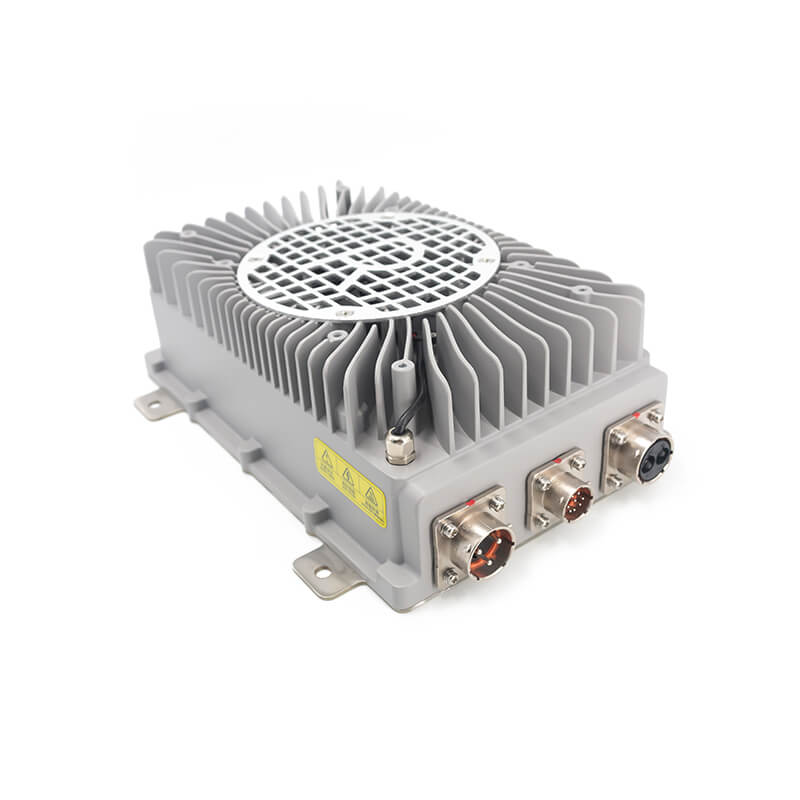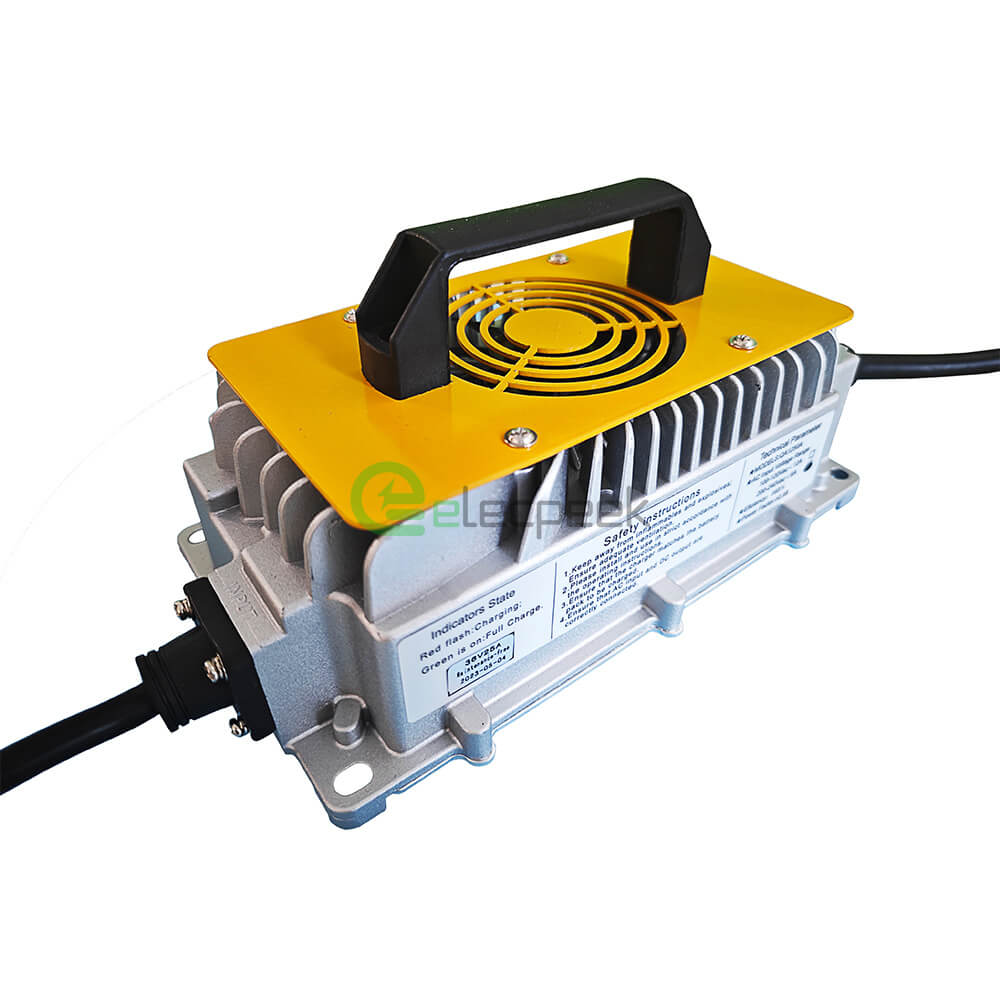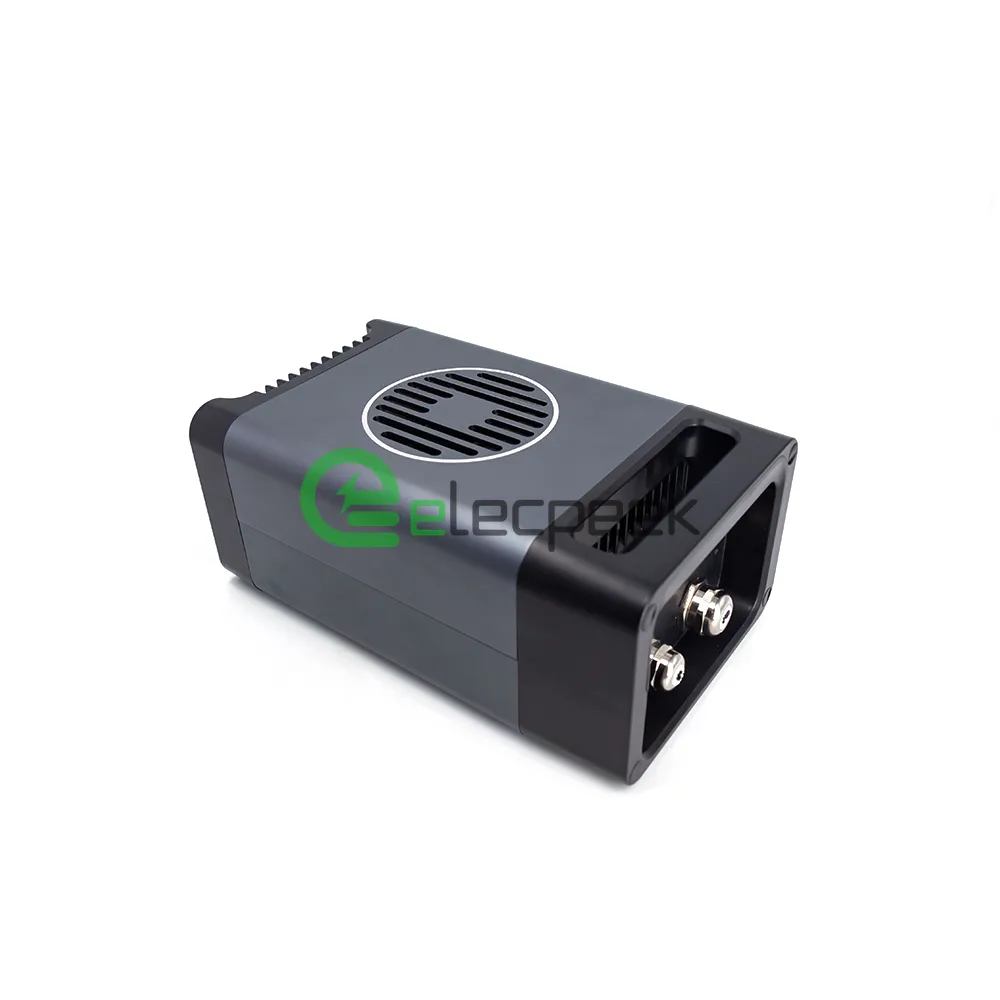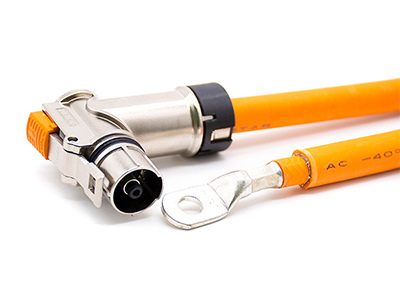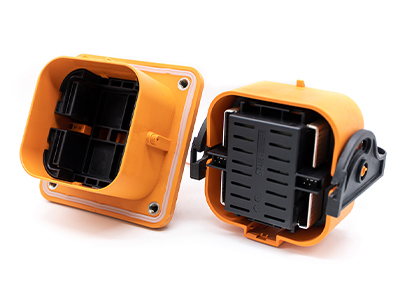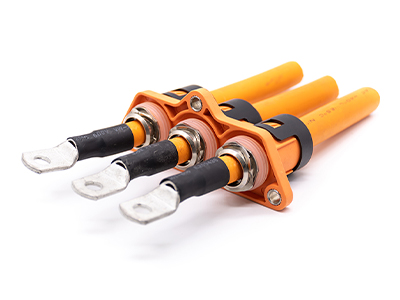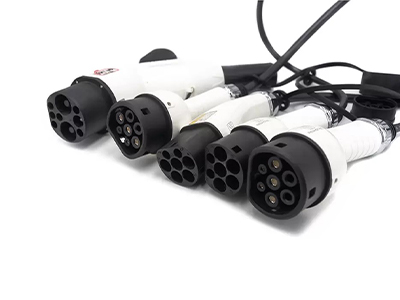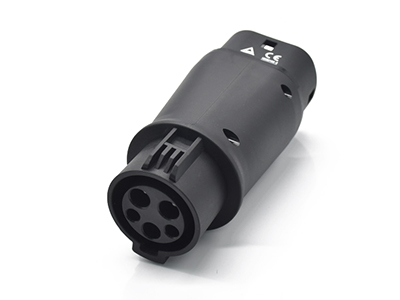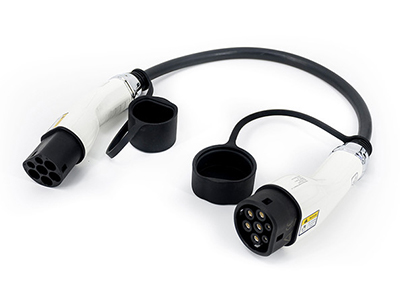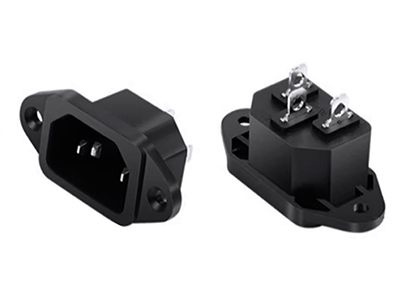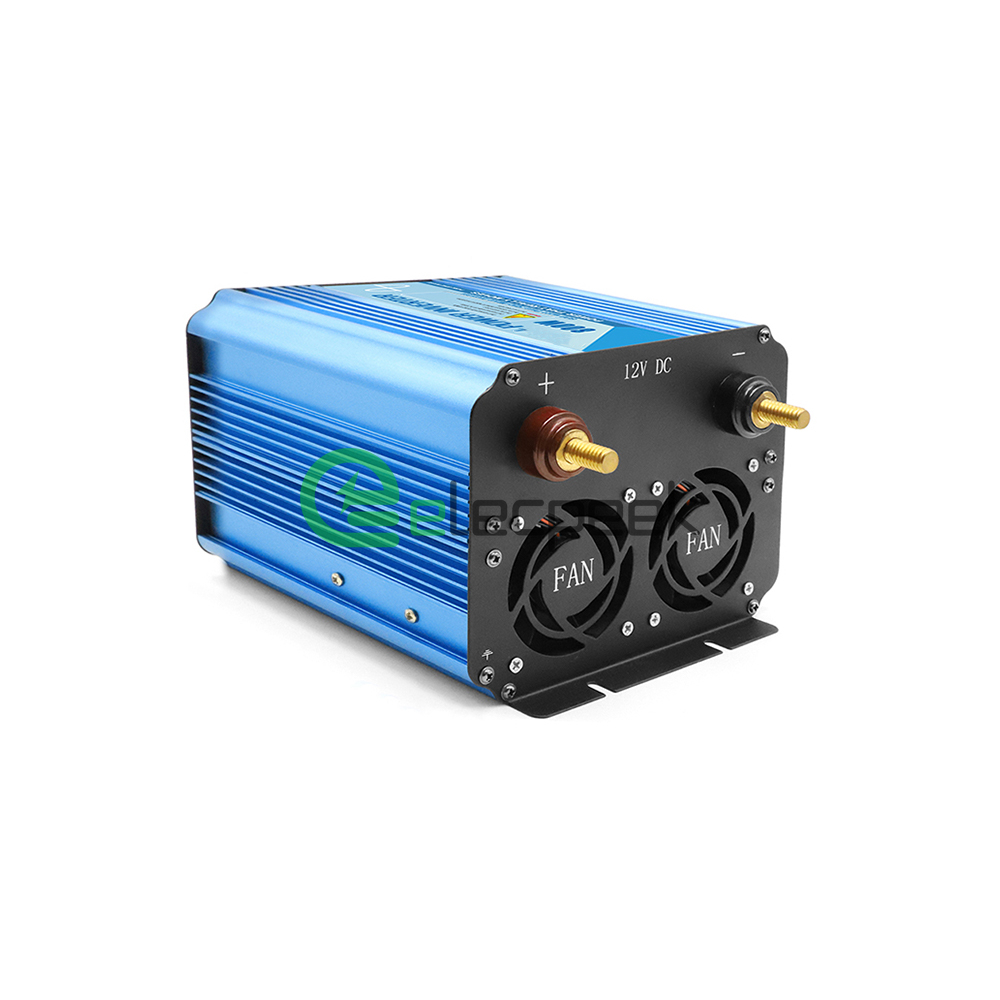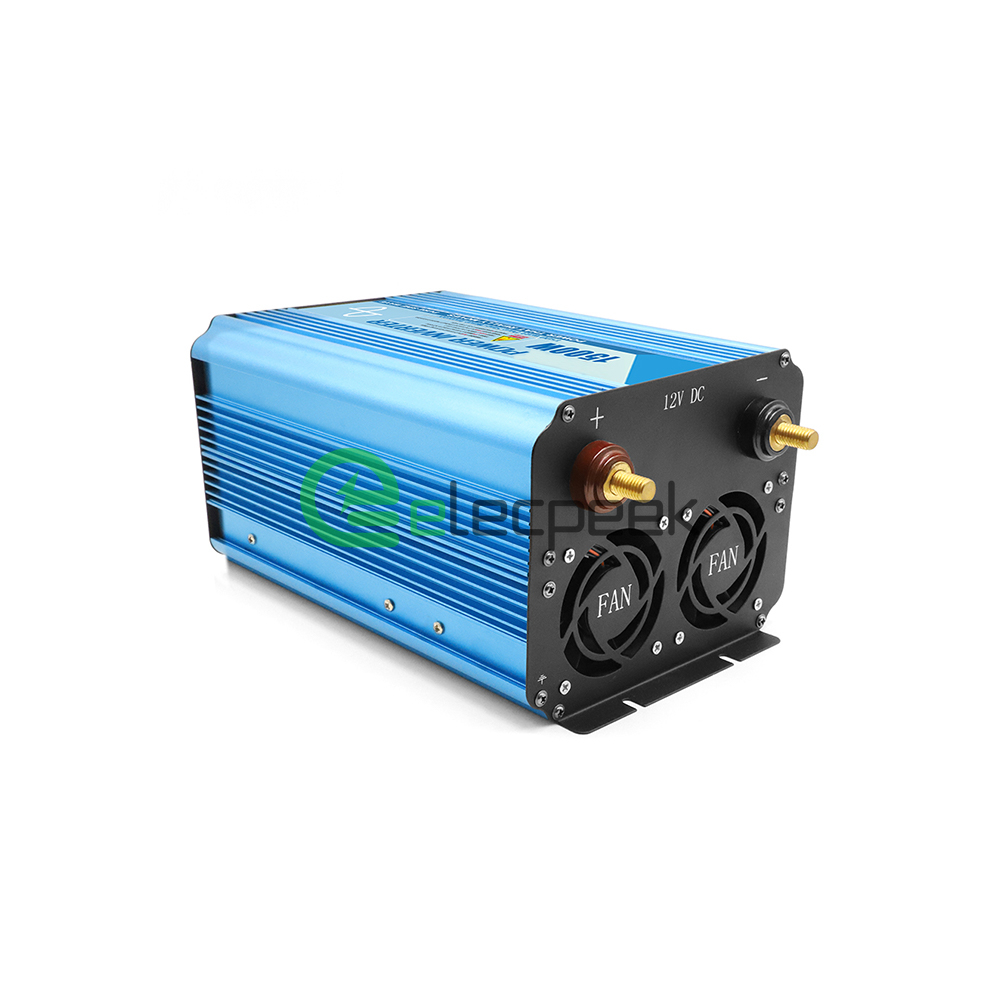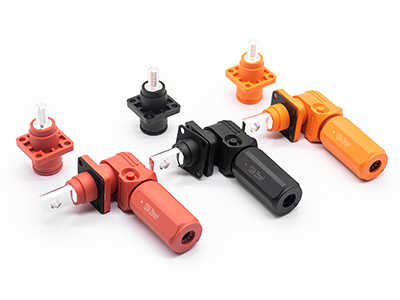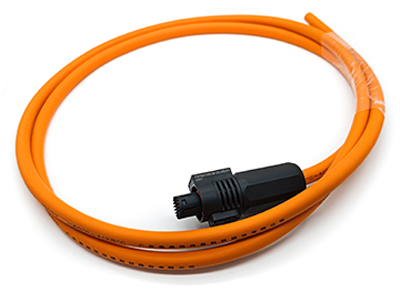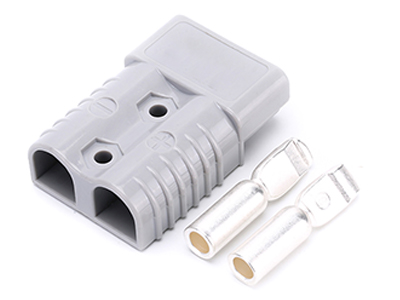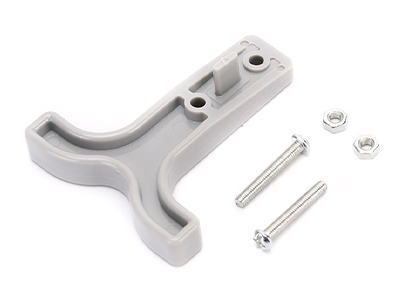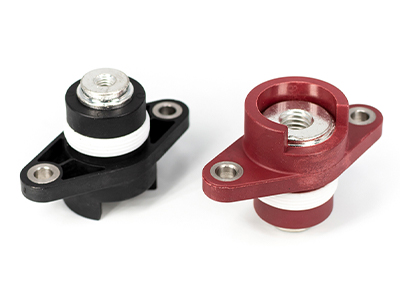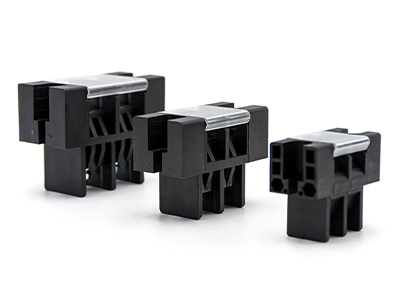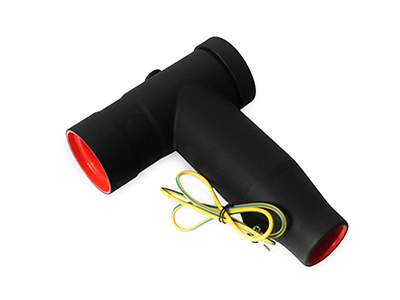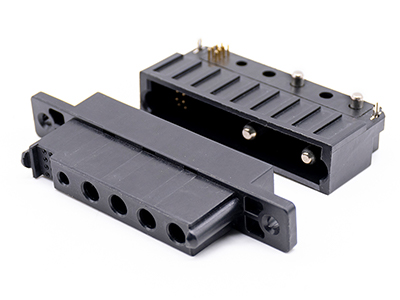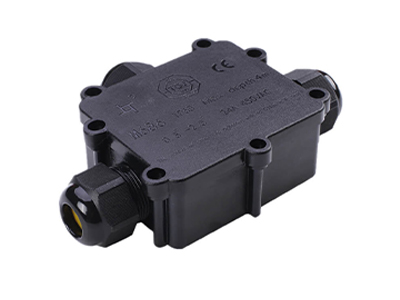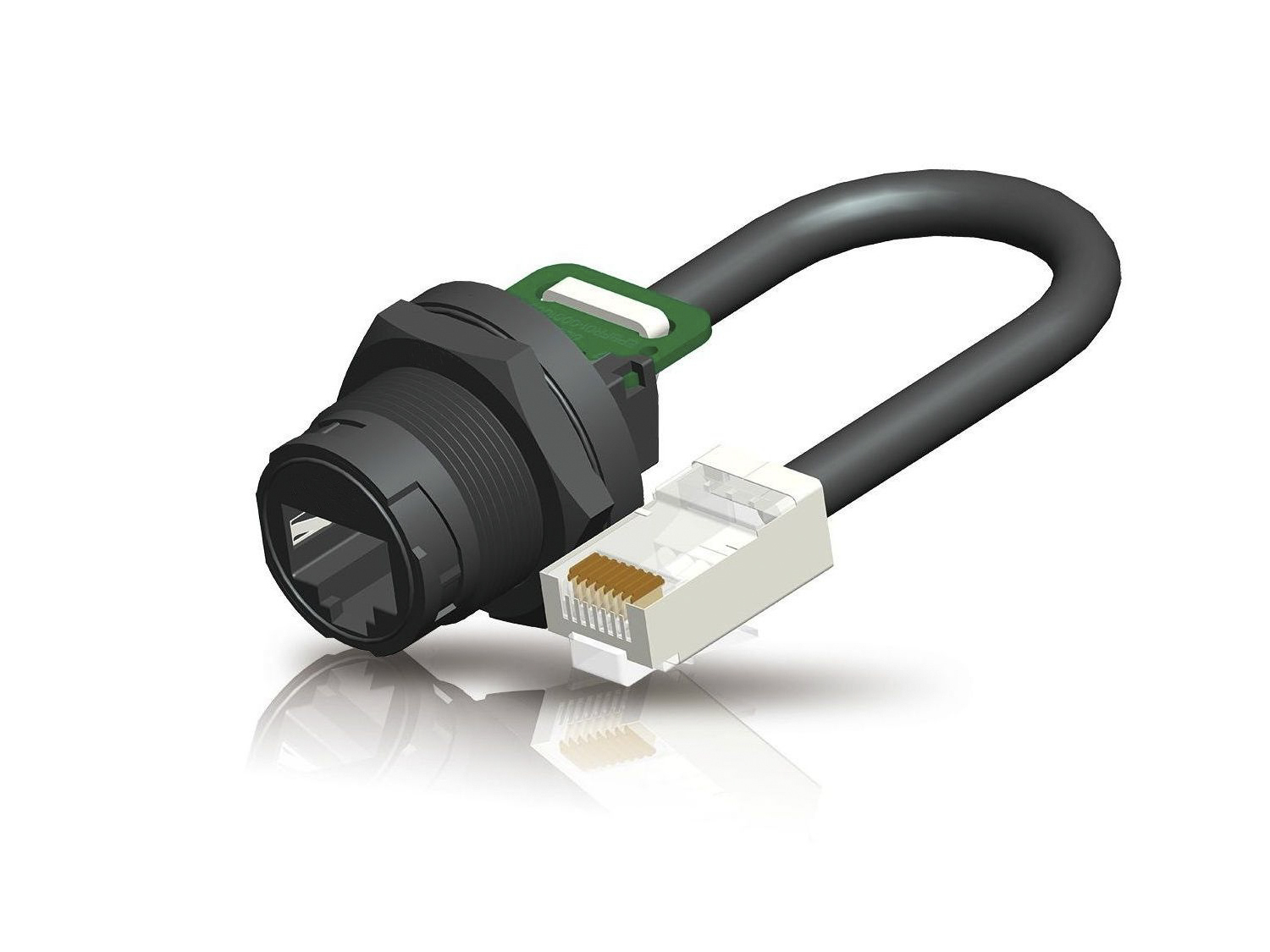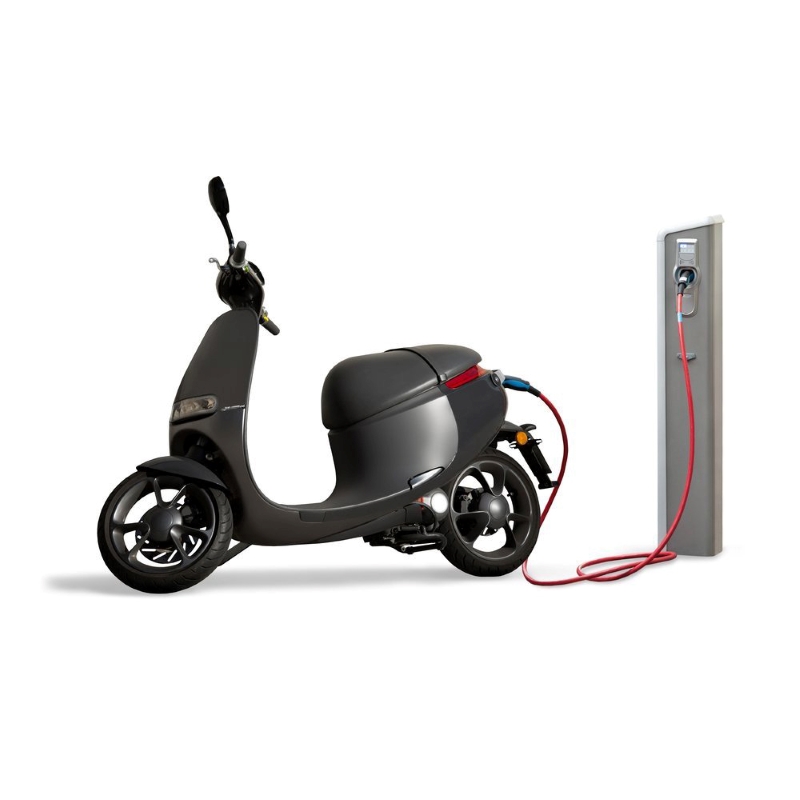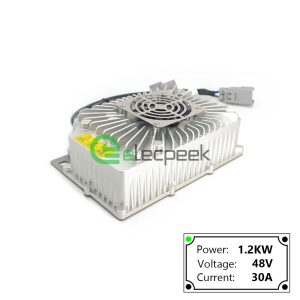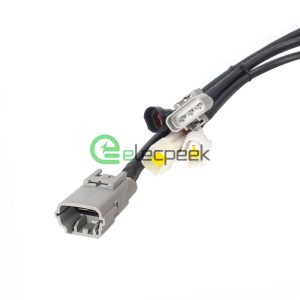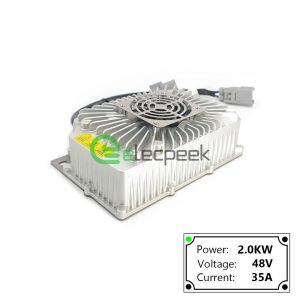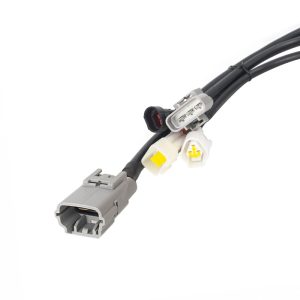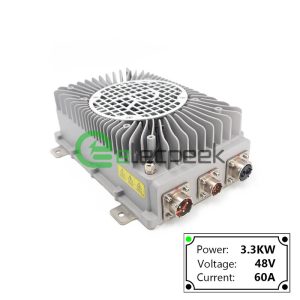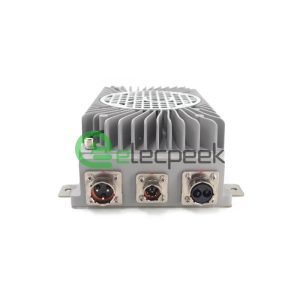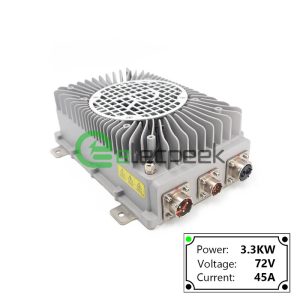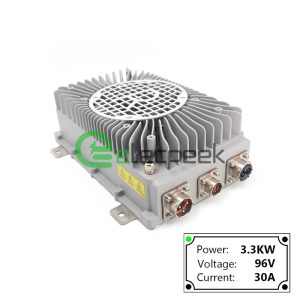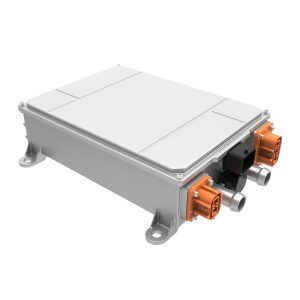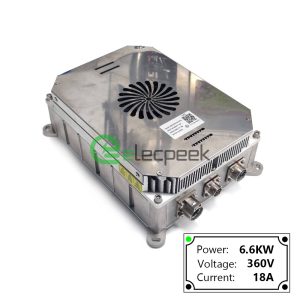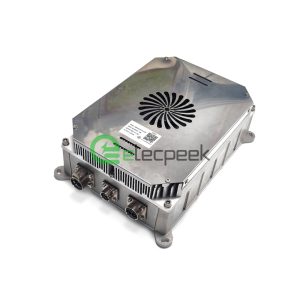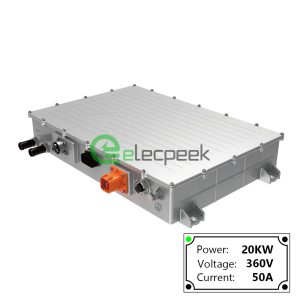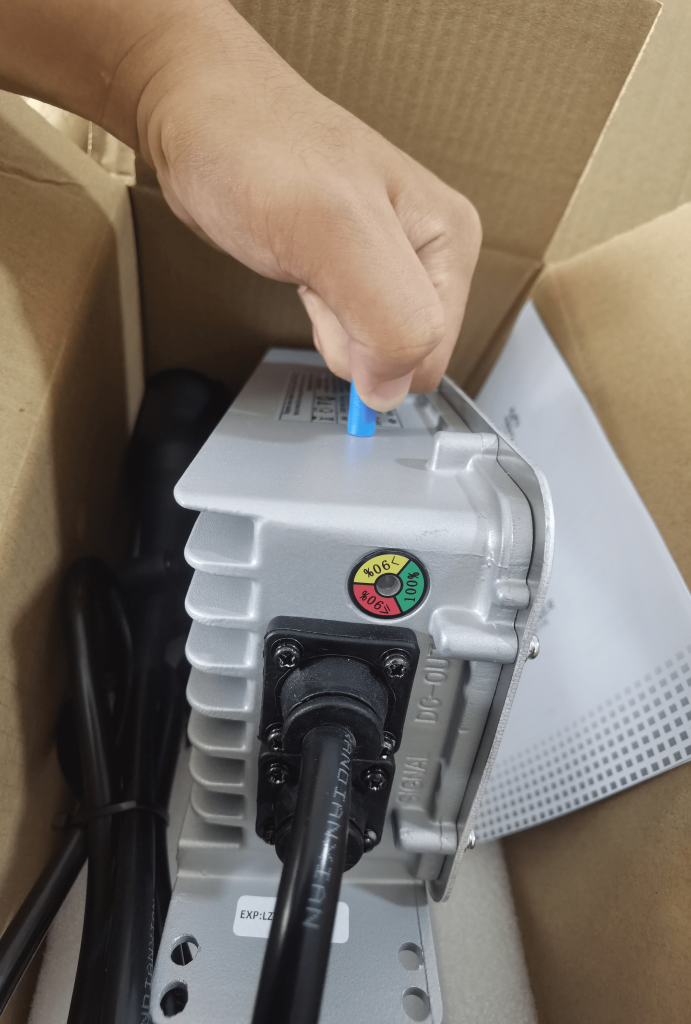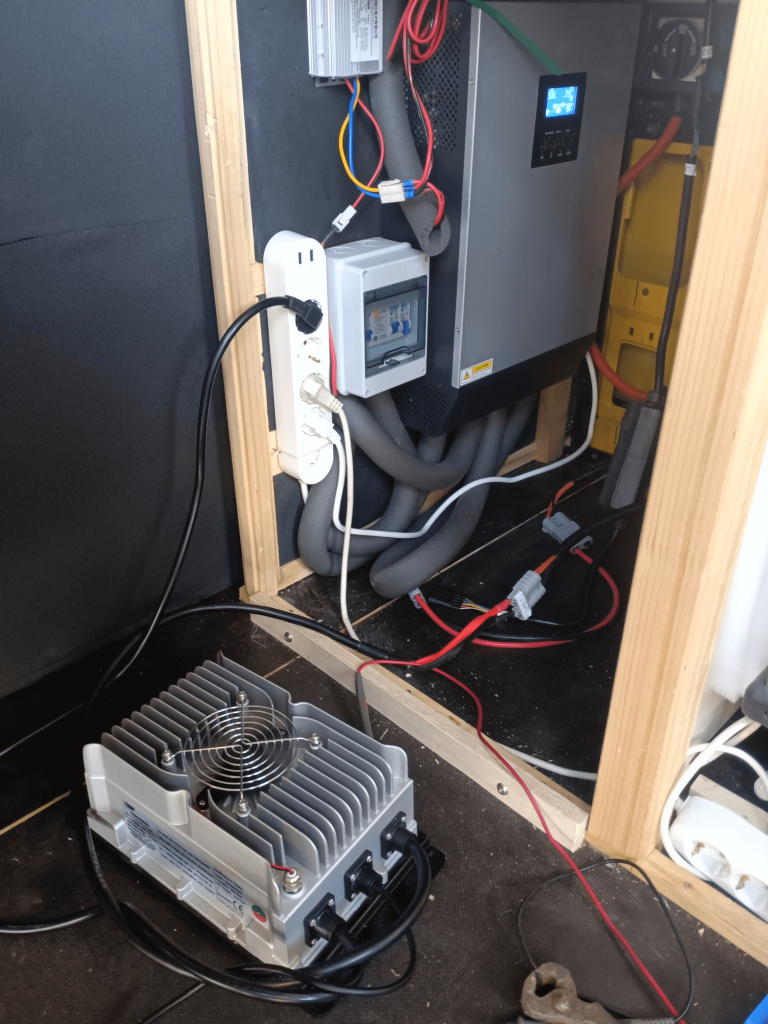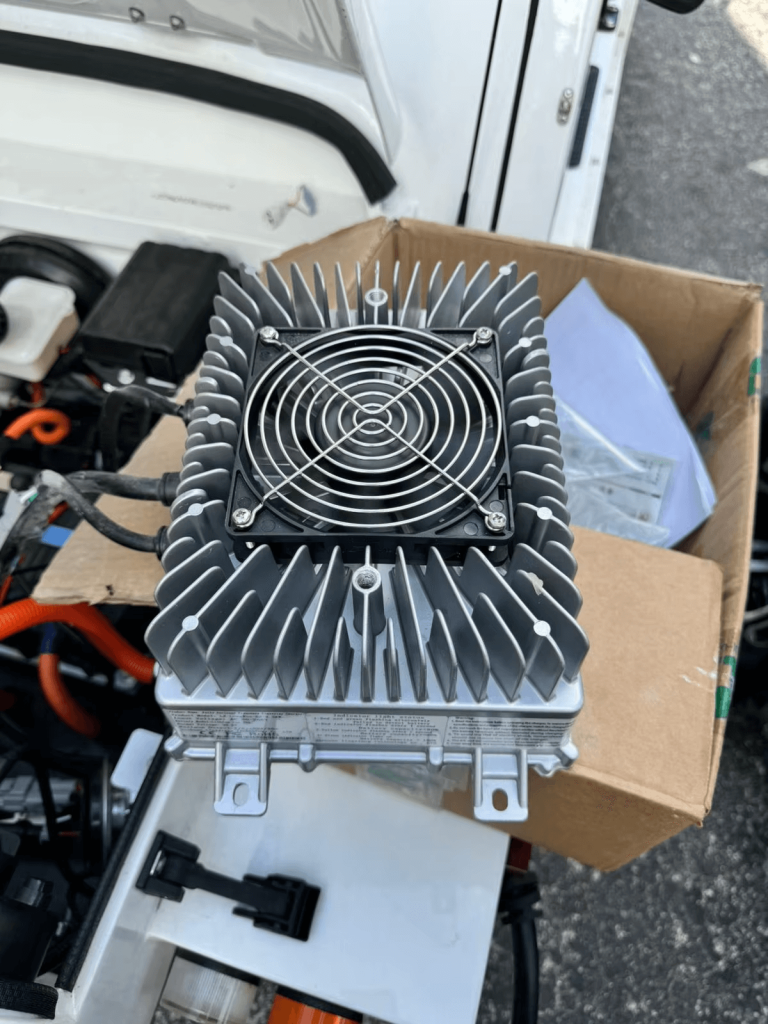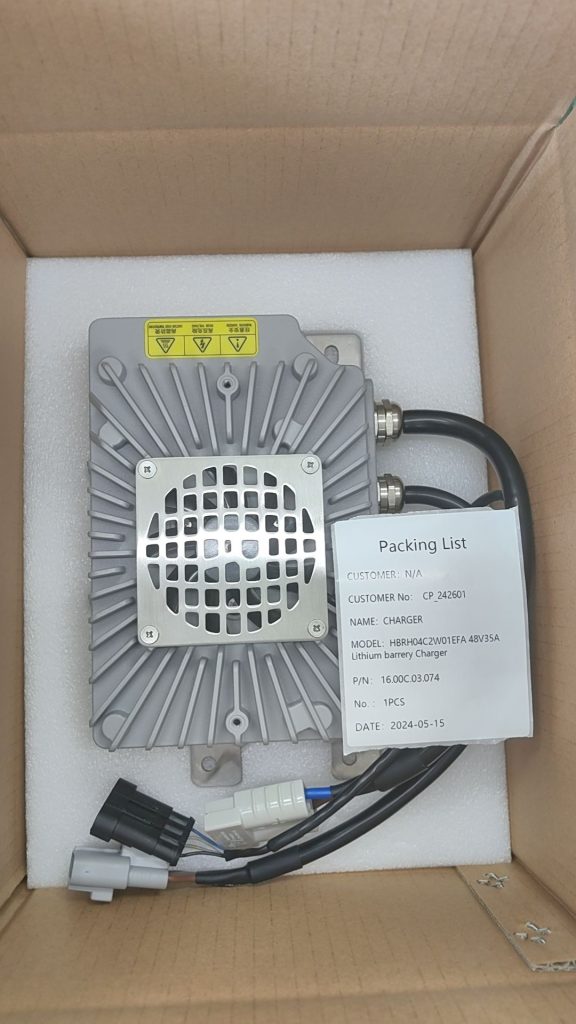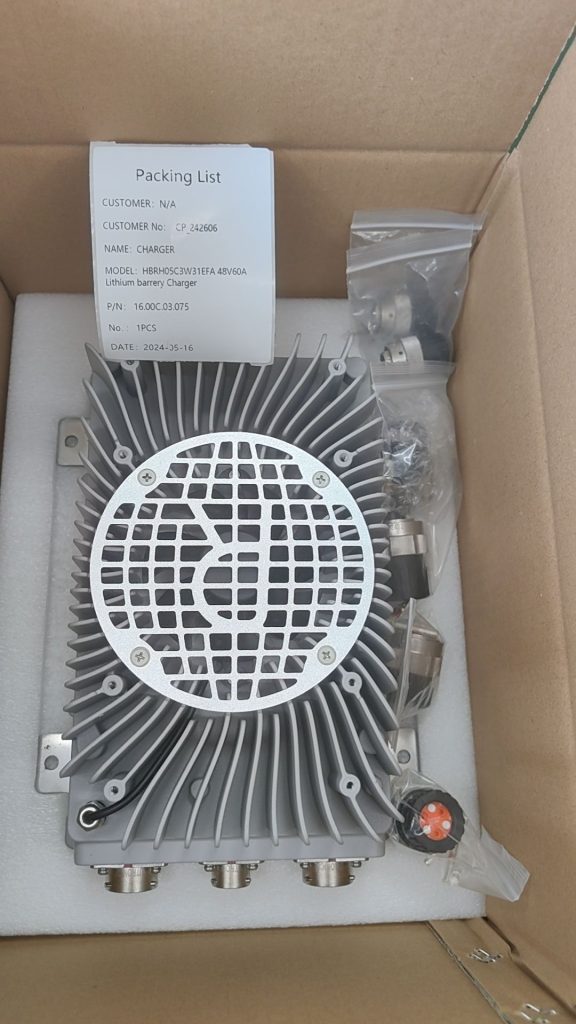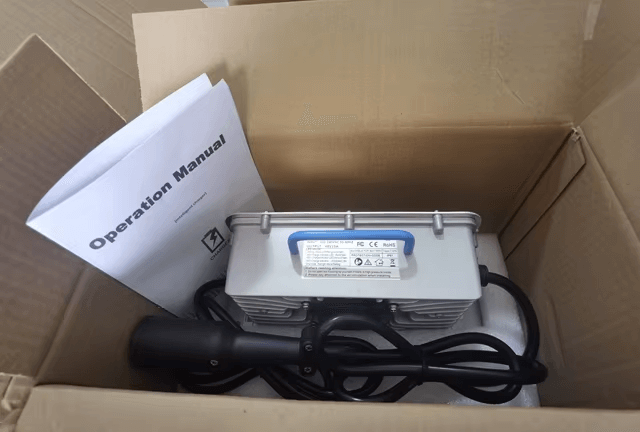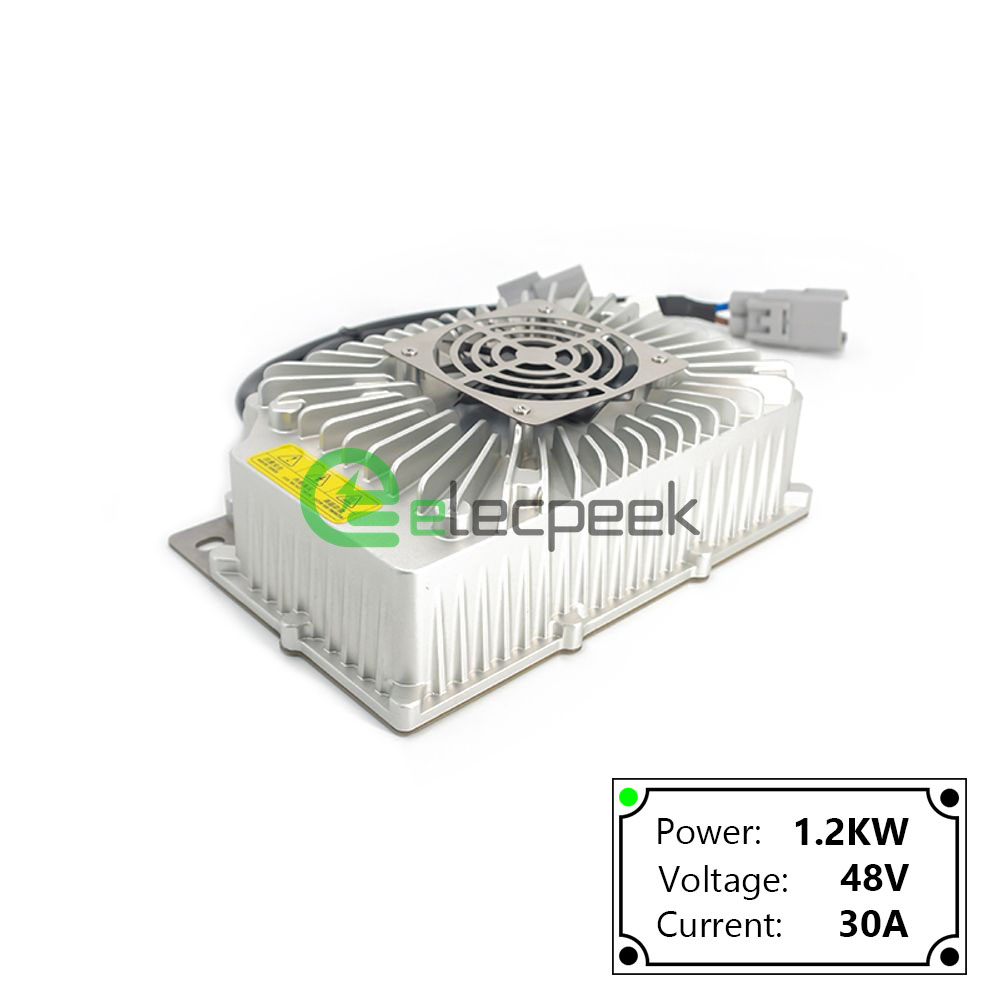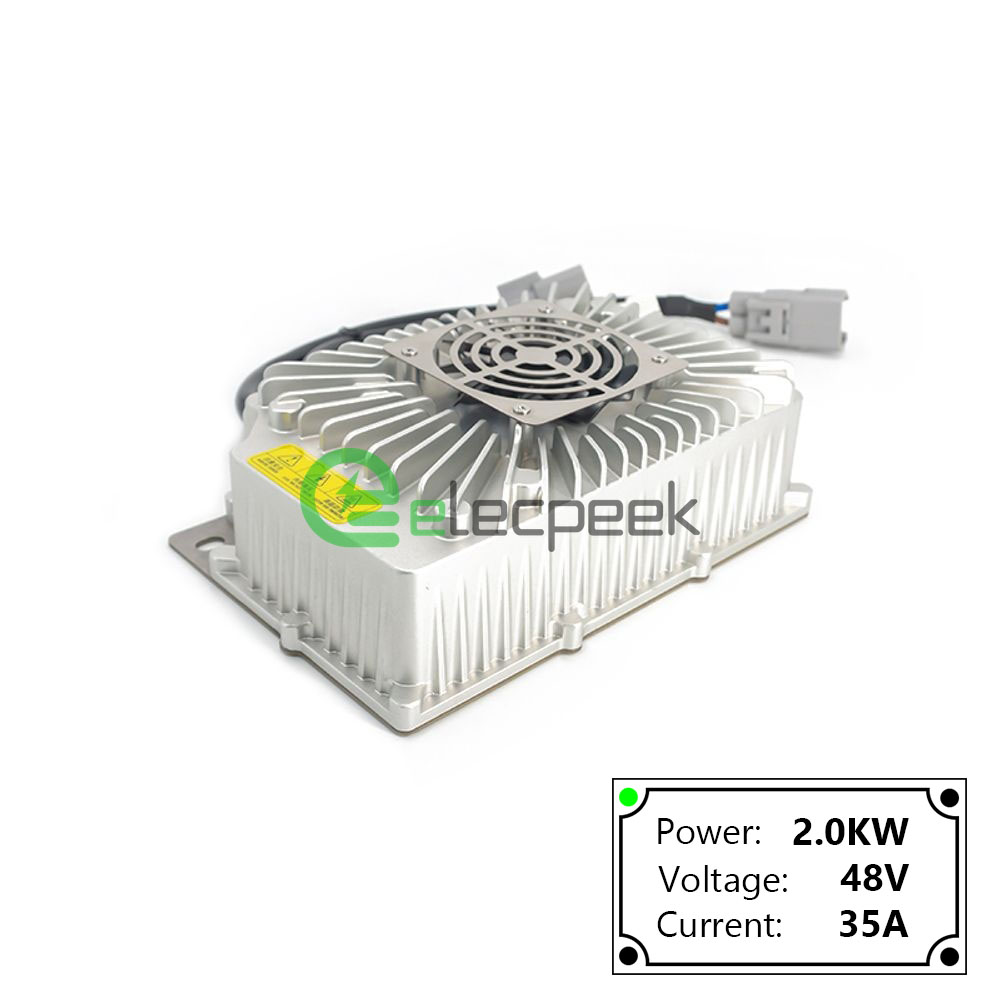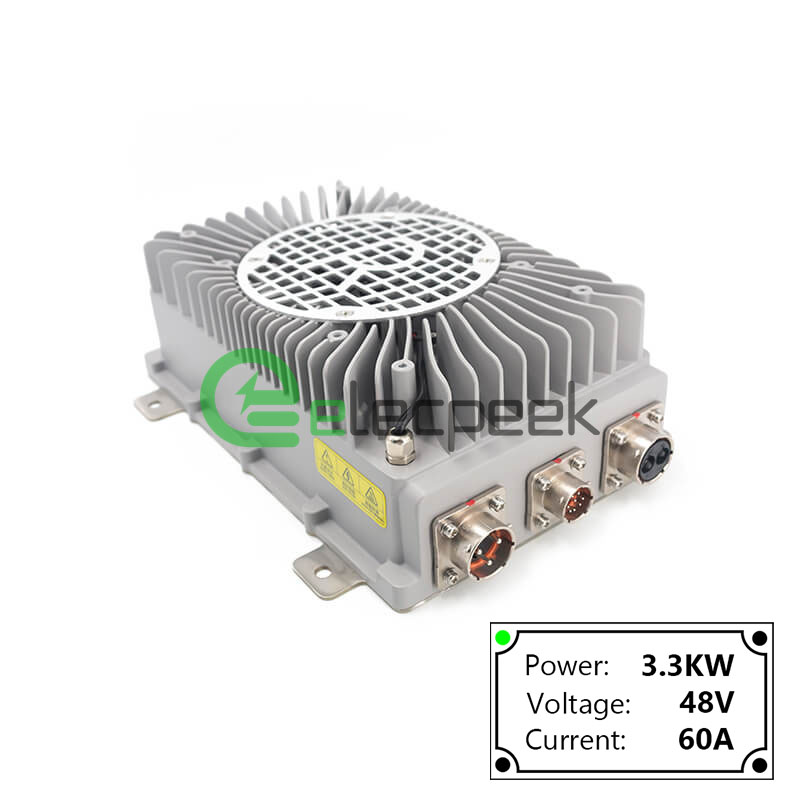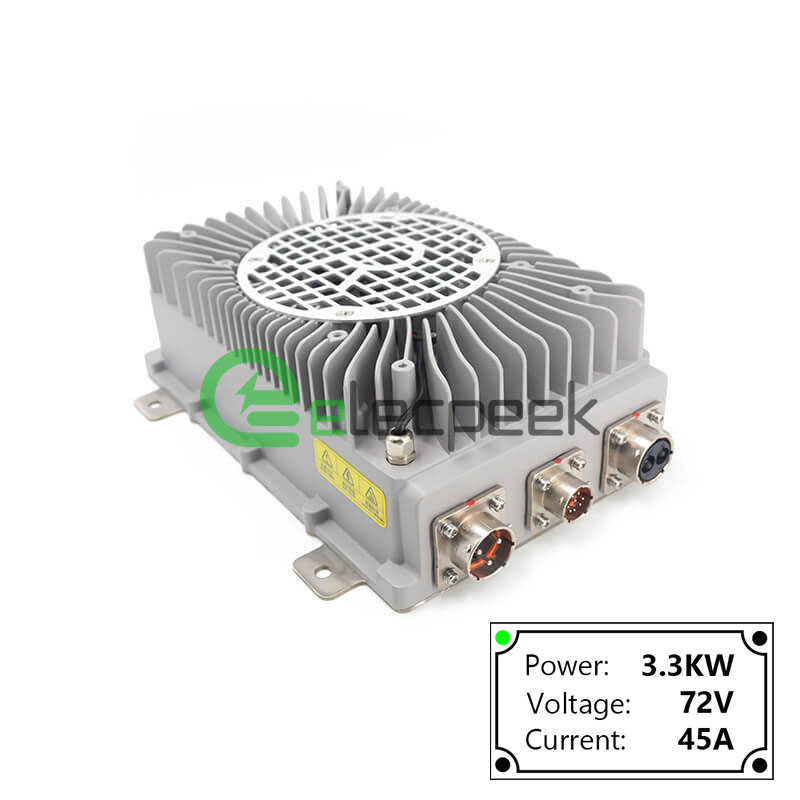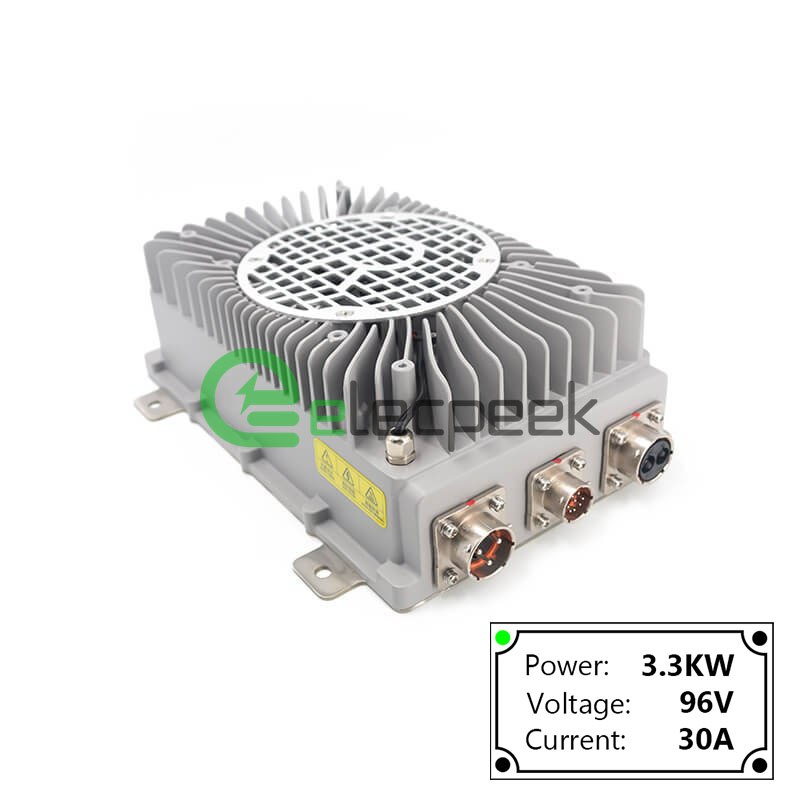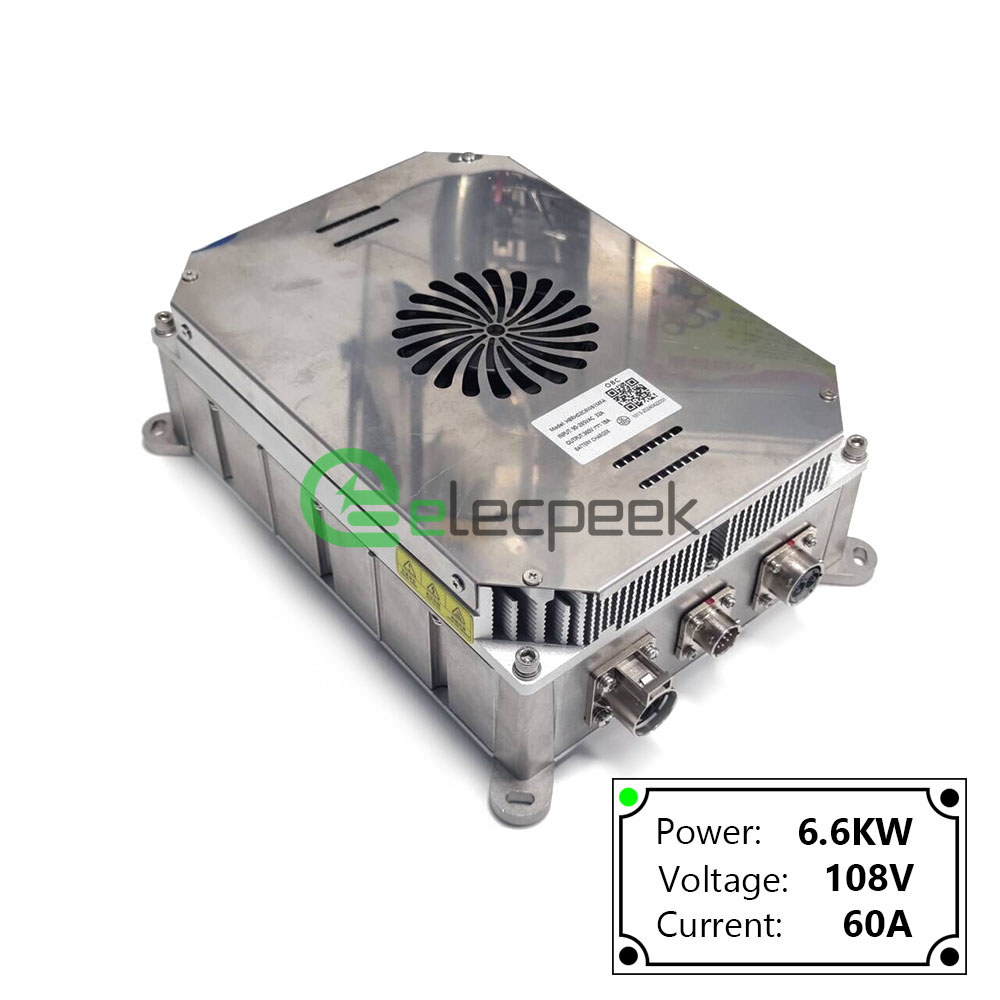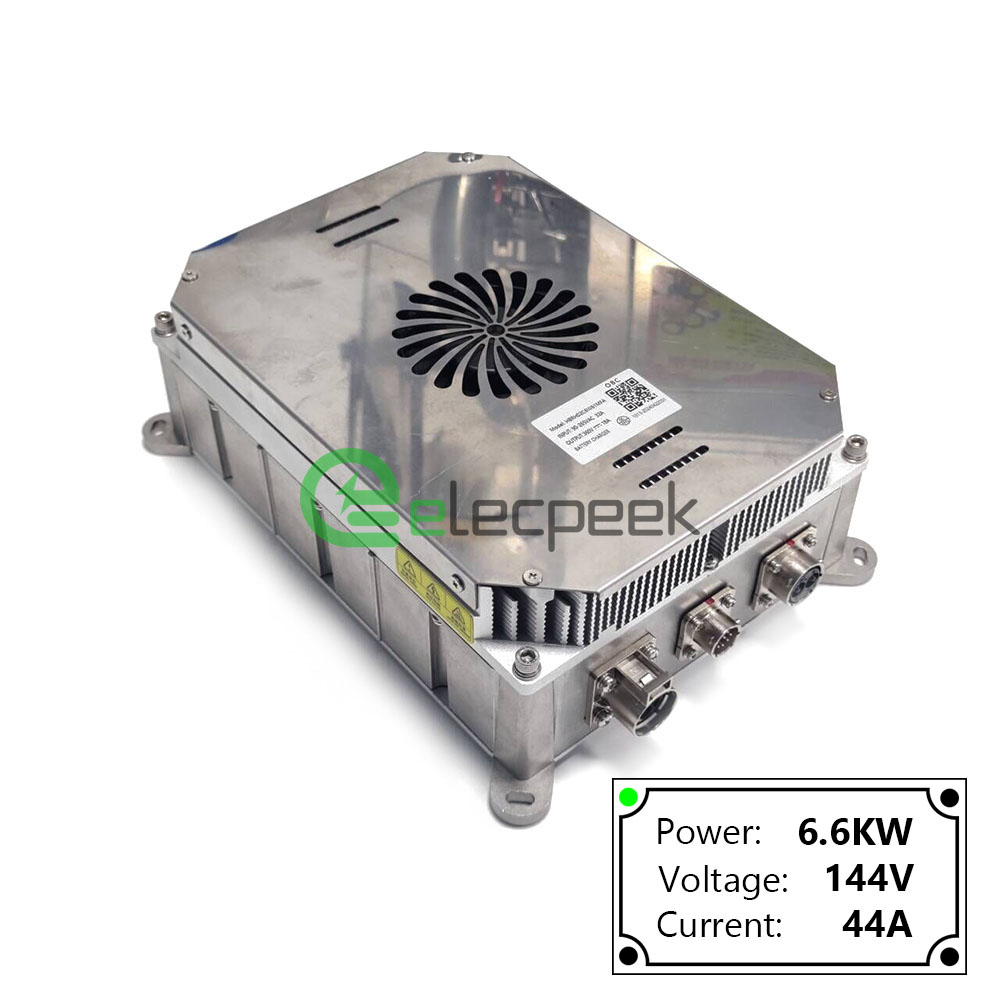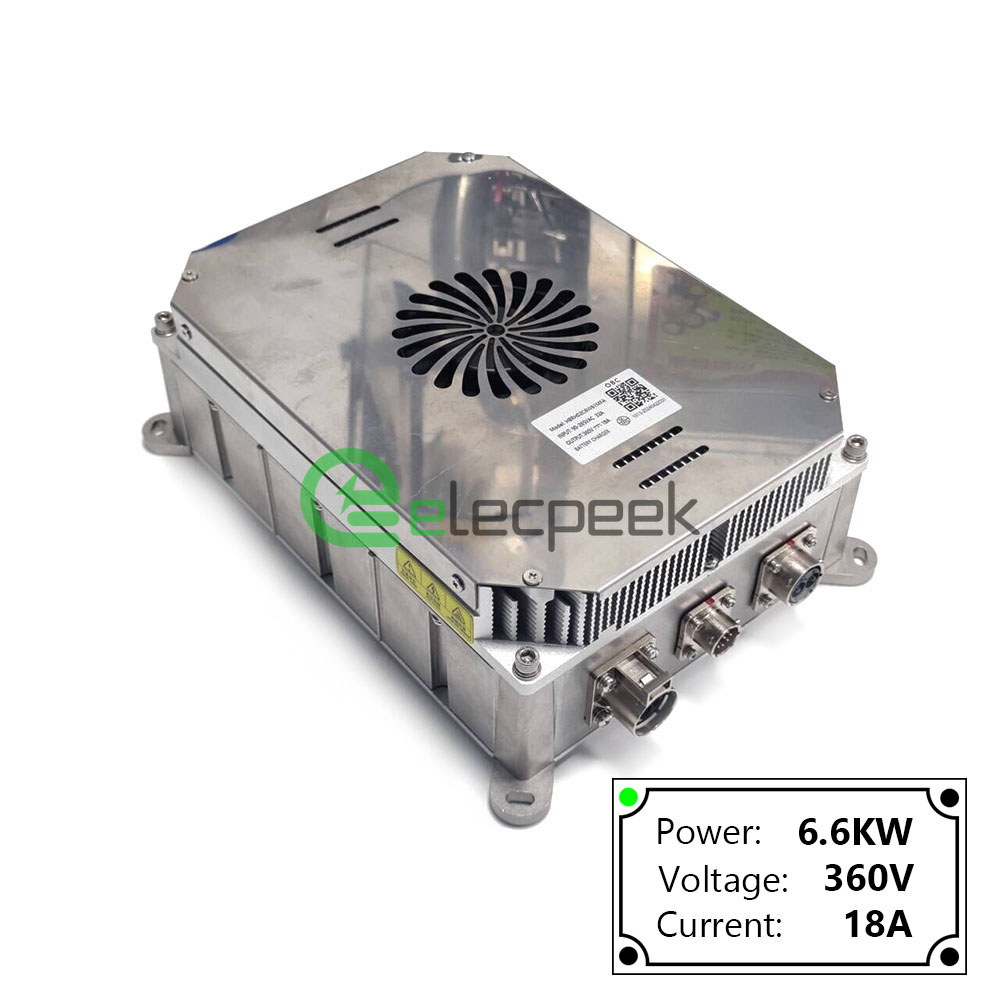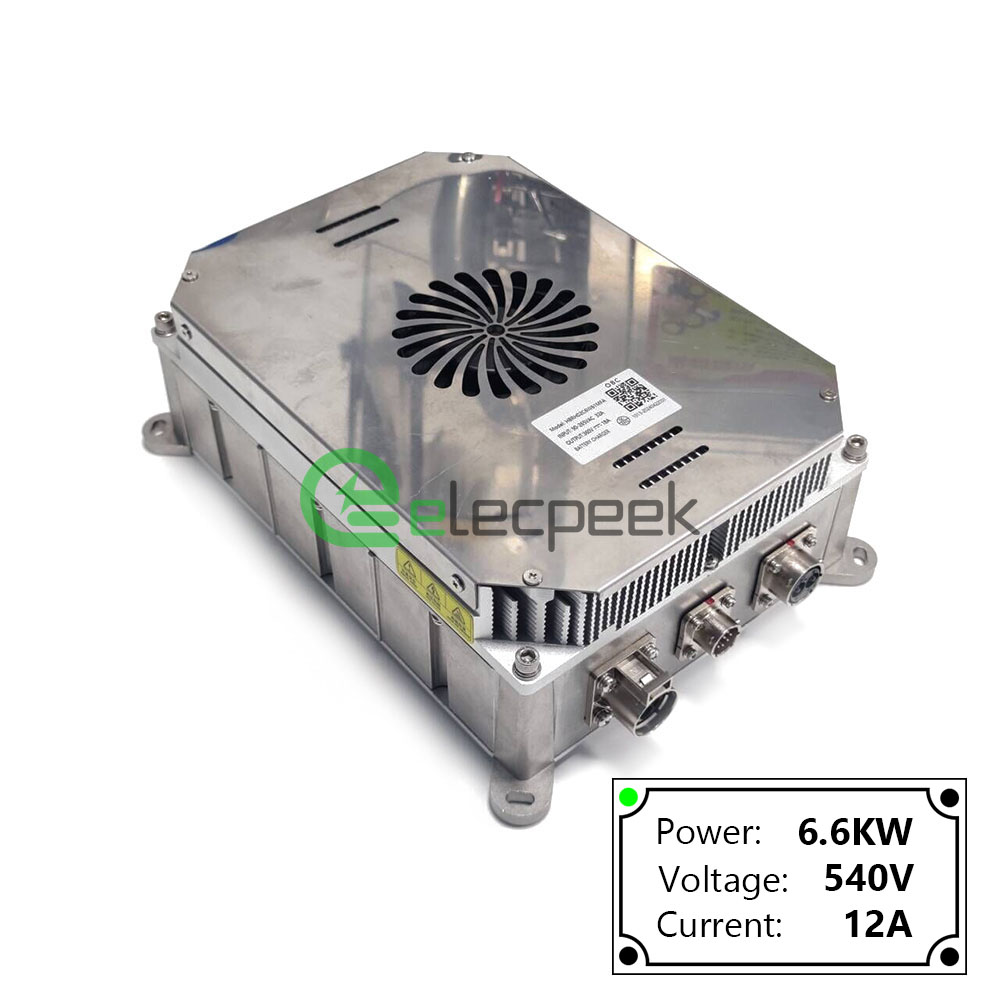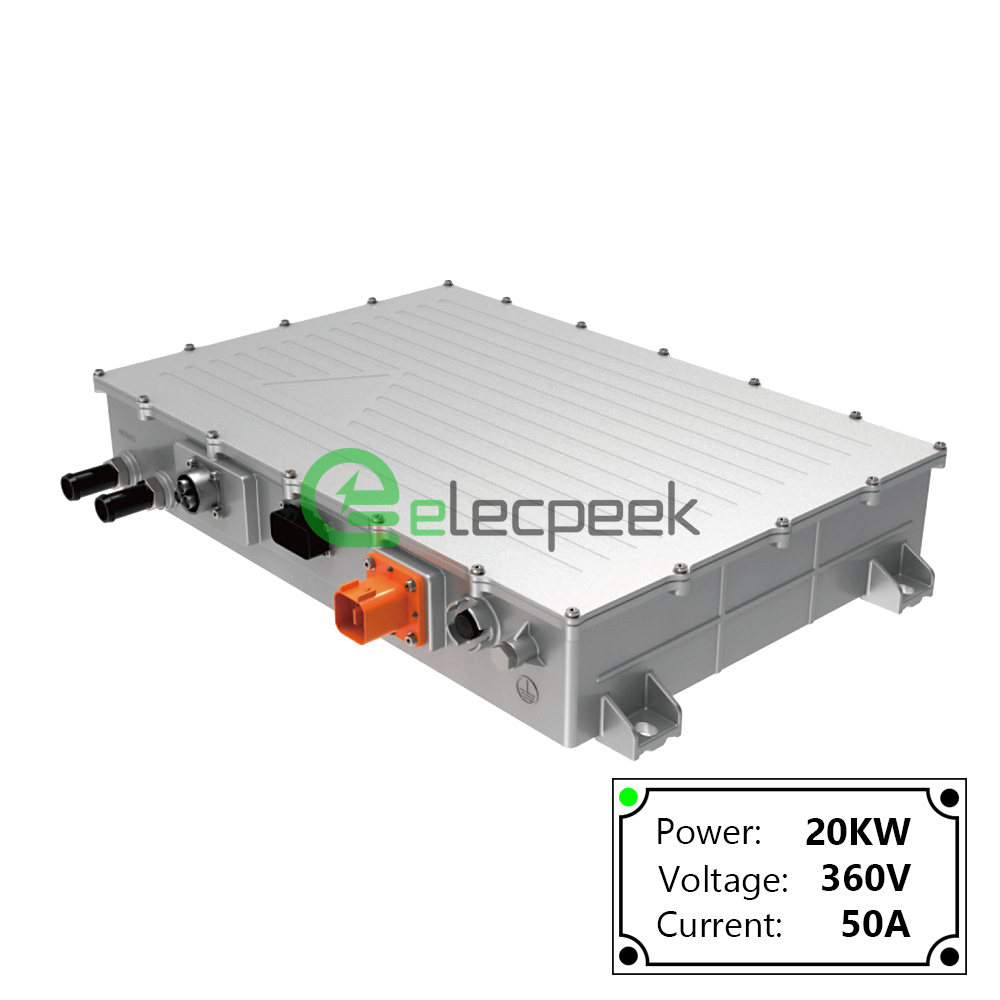On-Board Chargers For Passenger Car


Applications of Passenger Car OBC:
Home Charging: Allows EV owners to charge using standard outlets.
Public Charging Stations: Facilitates charging at various locations, ensuring compatibility with different power sources.
Destination Charging: Enables charging at workplaces, shopping centers, and hotels with dedicated EV infrastructure.
Fleet Operations: Used in electric fleet vehicles for efficient energy use and vehicle readiness.
Related Products From Manufacturer
Features of On-Board Charger in Passenger Car
Convenience
With an OBC, electric vehicle owners no longer have to rely solely on public charging stations to charge their vehicles. They can plug their vehicle into a standard electrical outlet at home or work and let the OBC do the rest. This convenience saves time and money that would have been spent on public charging stations. Moreover, the OBC has a built-in communication system that allows the vehicle owner to monitor the charging process remotely, making it easy to keep track of the vehicle’s charging status.
Safety
On-Board Charger (OBC) plays a crucial role in ensuring the safety of the vehicle’s charging process. By being an integrated system within the vehicle, the OBC minimizes the risk of external factors affecting the charging process, thereby reducing potential safety hazards. This careful management of the charging process by the OBC helps to maintain the integrity of the battery pack and ensures that the vehicle operates safely and safely and reliably.
Versatility
OBCs are designed to support a variety of charging speeds and power levels, allowing them to accommodate different charging scenarios and user needs. This versatility is especially beneficial for electric vehicles that require rapid charging, such as taxis or delivery vehicles. Conversely, OBCs are also designed to charge at lower power levels, making them ideal for overnight charging or when the vehicle is parked for extended periods, thereby enhancing the convenience and efficiency of the charging process.
Battery Health
OBCs can help optimize the charging process to promote battery health.Fast charging can put stress on the battery and lead to increased degradation over time. OBCs that support rapid charging can be programmed to manage the charging process efficiently, balancing the need for speed with the necessity of preserving battery health.Conversely, slower charging at lower power levels is gentler on the battery and can contribute to its long-term well-being. OBCs that facilitate slower charging can help prevent overheating

